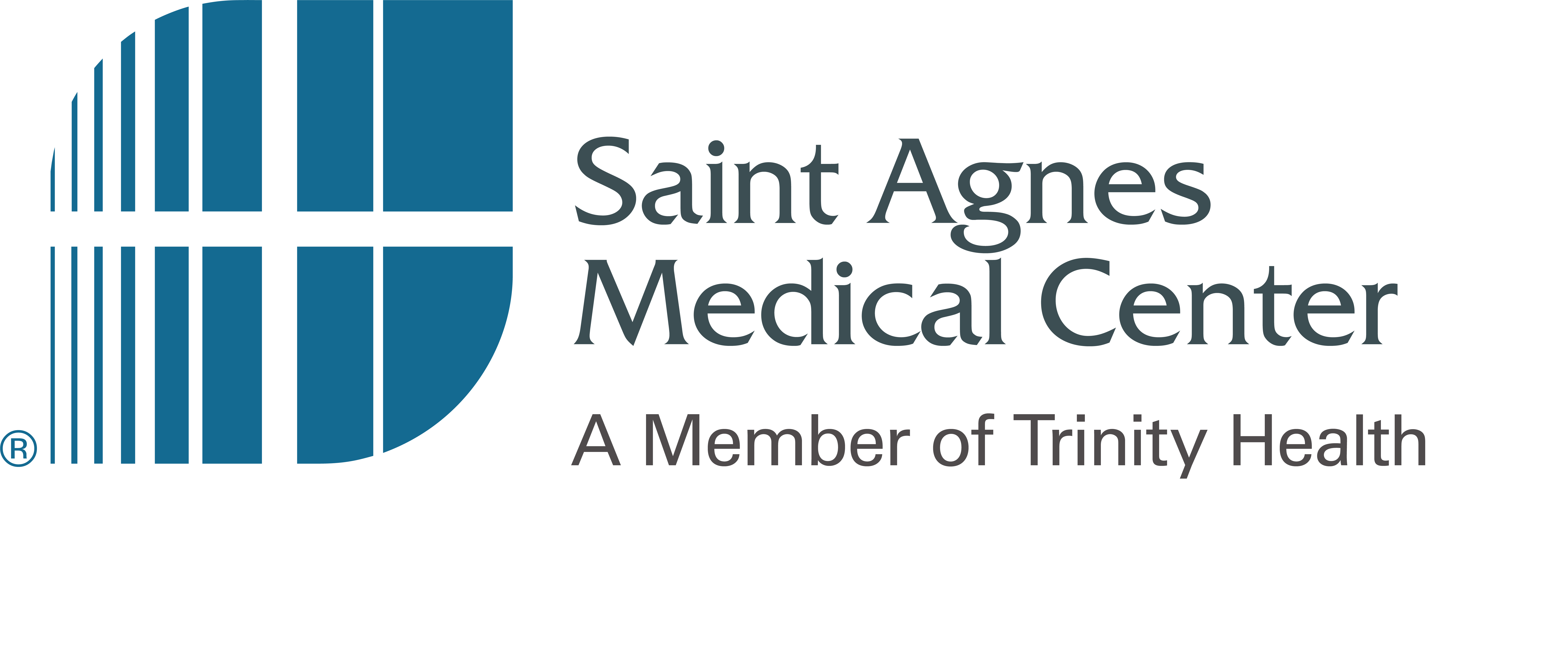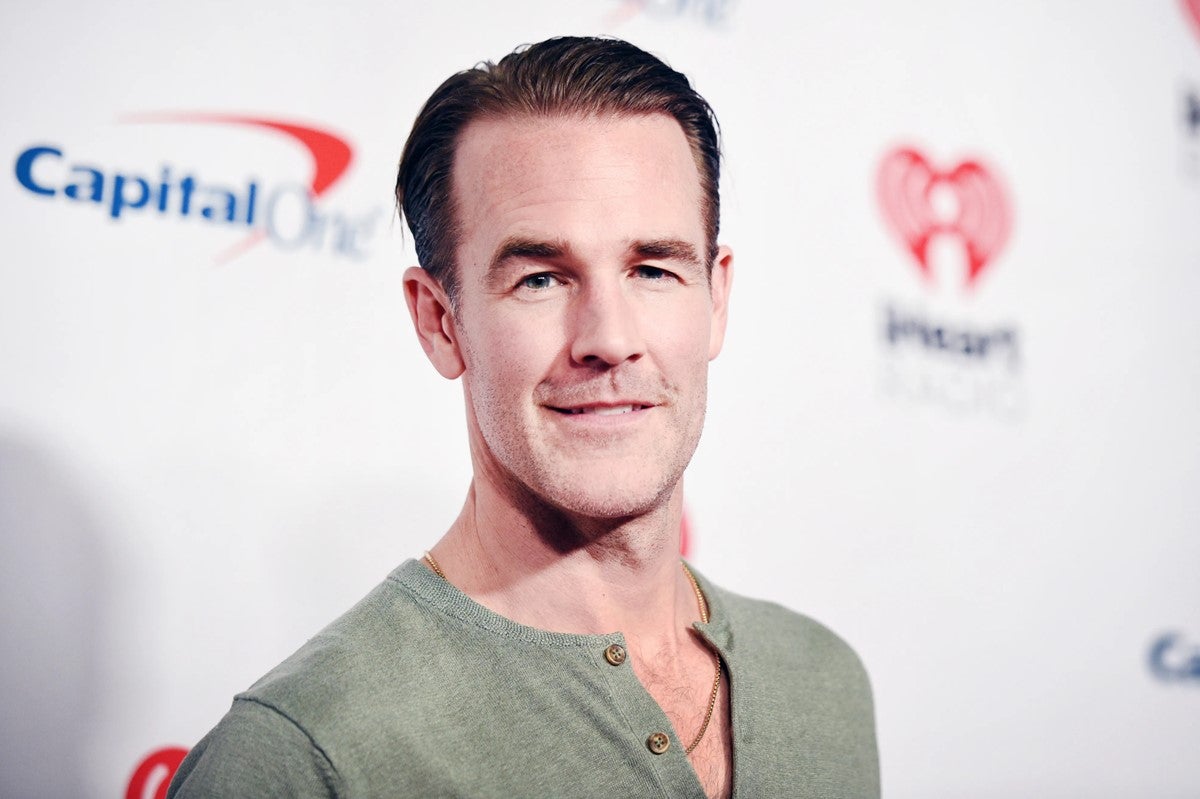Former “Dawson’s Creek” star James Van Der Beek recently announced he was diagnosed with colorectal cancer at the age of 47. His diagnosis is part of an increase in cancer diagnoses doctors are seeing in younger adults.
According to the American Cancer Society, colorectal cancer (or, colon cancer) is the third most commonly-diagnosed type of cancer and third most common cause of cancer-related death in both men and women in the United States.
Despite advances in medical knowledge, outdated beliefs and half-truths continue to circulate about colorectal cancer, clouding our understanding of the disease and potentially delaying some people from getting screened – or receiving proper treatment.
Colon Cancer Myths
With that in mind, we’ve developed a list of eight common myths about colorectal cancer to address misinformation and help show how colorectal cancer screenings could save your life:
Myth #1: Colon cancer only affects men.
Fact: Both men and women are at risk of developing colon cancer. Ranking second in cancer-related deaths overall in the United States, colon cancer is the leading cause of cancer death in men younger than 50 years of age.
Myth #2: If you don't have a family history of colon cancer, you won't get it.
Fact: While having a family history of colon cancer increases your risk, many cases occur in individuals with no family history. Some other risk factors of developing colon cancer can include smoking, unhealthy diet, high alcohol consumption, lack of physical activity and excess body weight.
Myth #3: You can’t prevent colon cancer.
Fact: Everyone’s health is unique, and while there’s a not a “magic pill” that can fully prevent anyone from receiving a colon cancer diagnosis, there are things you can do to lower your cancer risk. Colon cancer screenings play a large role in cancer prevention and treatment as screening tests like colonoscopies can detect precancerous polyps for removal before they become cancerous.
Myth #4: All colon cancer diagnoses are fatal.
Fact: Early detection can save your life! When detected early, colon cancer is highly treatable, and survival rates are high. However, late-stage colon cancer can be more challenging to treat. That’s why its recommended that most people begin regular colon cancer screenings at the age of 45.
Myth #5: If I have colon cancer, I will recognize the signs.
Fact: Early-stage colon cancer often has no symptoms, which is why regular screenings are crucial for early detection.
Myth #6: Eating a healthy diet and exercising regularly won’t lower my risk of colon cancer.
Fact: A healthy lifestyle, including a diet rich in fruits, vegetables and whole grains, along with regular exercise, can reduce the risk of developing colon cancer.
Myth #7: Colonoscopies are painful and inconvenient.
Fact: While the idea of a colonoscopy may be intimidating, advancements in anesthesia and technology have made the procedure much more comfortable. A colonoscopy is crucial for early detection and prevention of colon cancer.
Myth #8: Colon cancer only happens to older people.
Fact: Although most people affected by colon cancer are older than 50, colon cancer can affect anyone at any age, and cases in people under the age of 45 are rising.
Talk with your doctor
Early diagnosis and treatment are vital to a positive outcome. If you have concerns about your cancer risk, talk with your doctor and follow any recommendations for regular screenings. If you notice any warning signs of colon cancer, it's important to see your primary care provider as soon as possible.

Find a primary care provider now
Don’t have a primary care physician? Establish with a Saint Agnes Care provider and take control of your health.
Schedule Today
